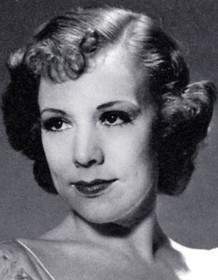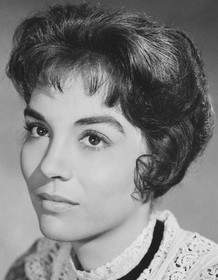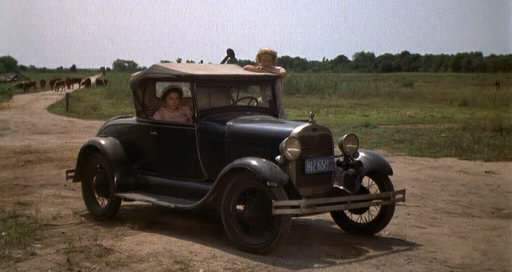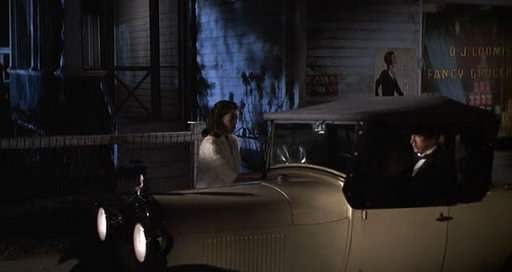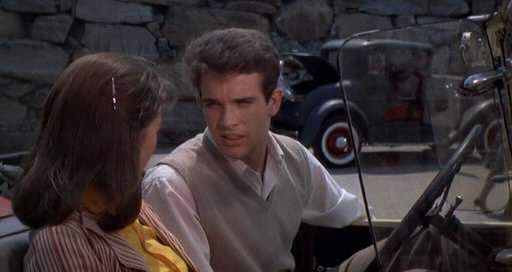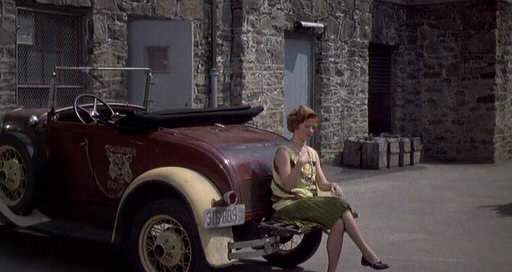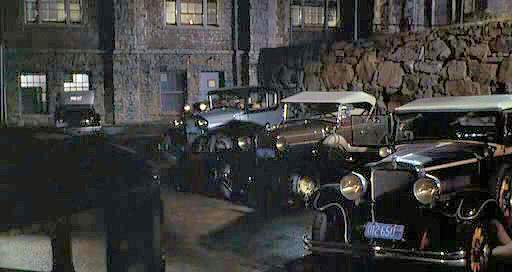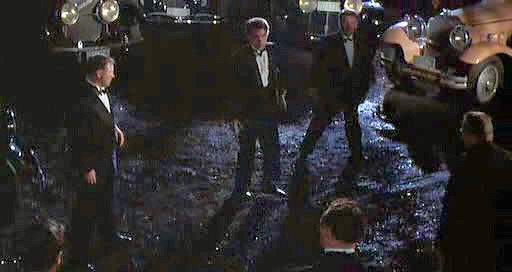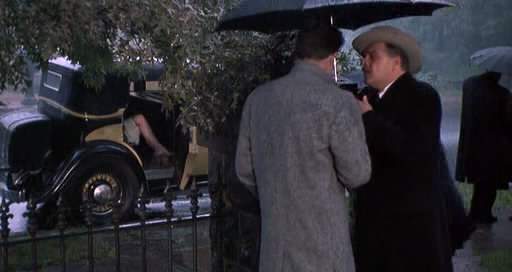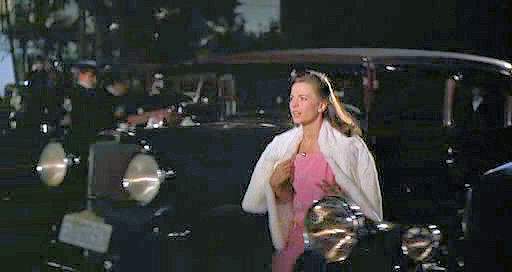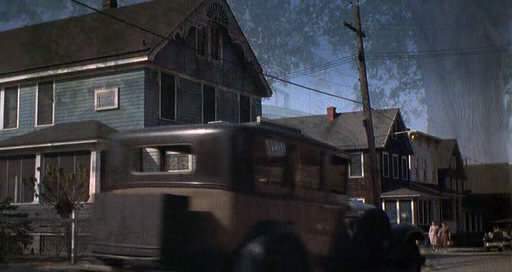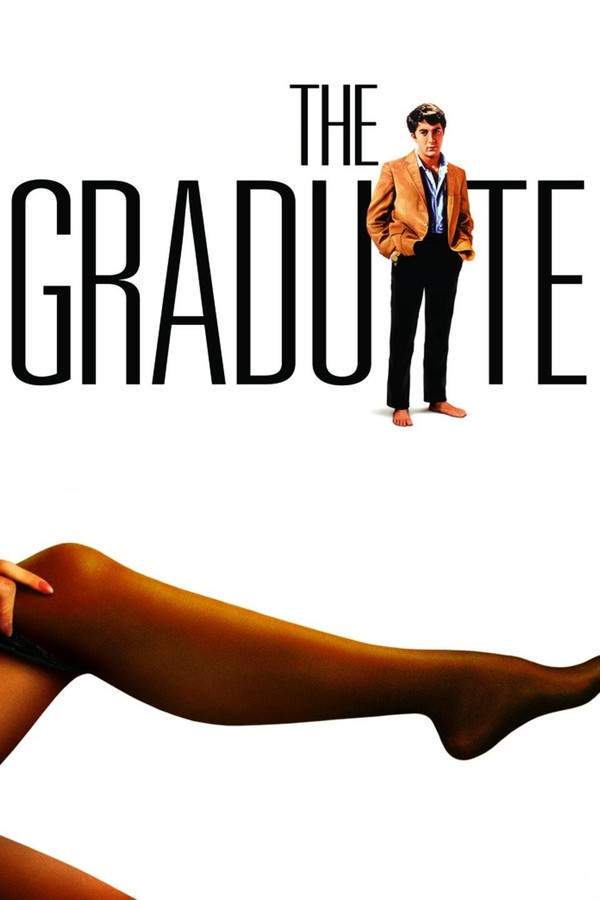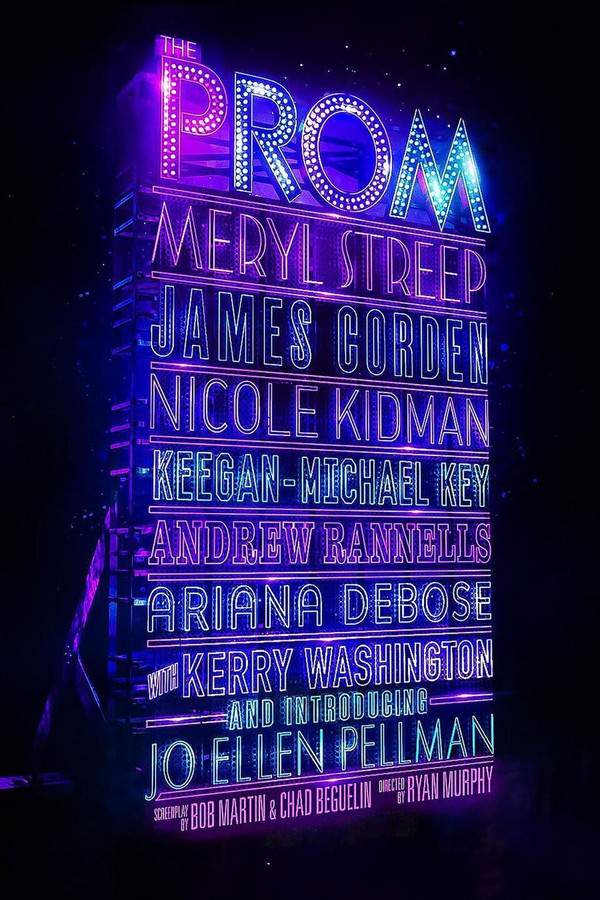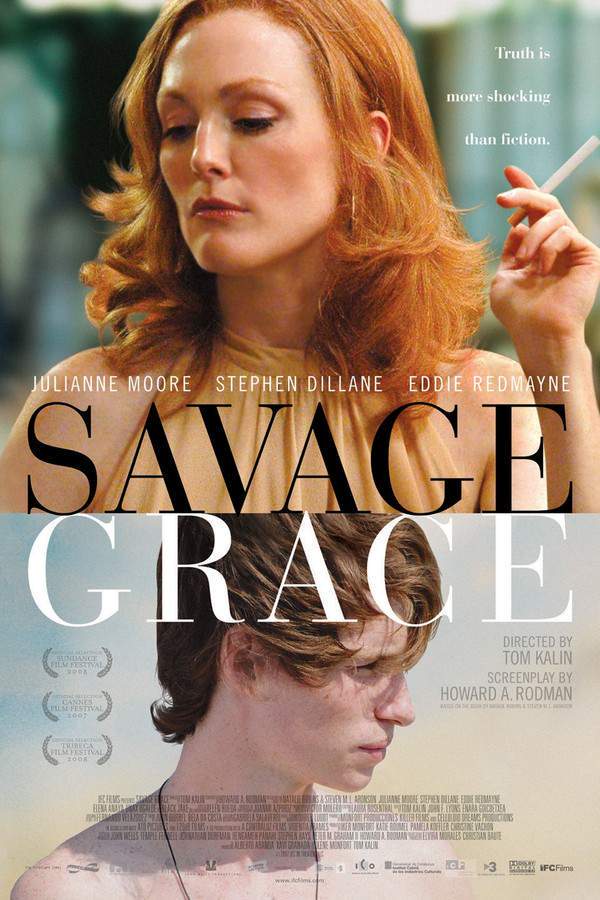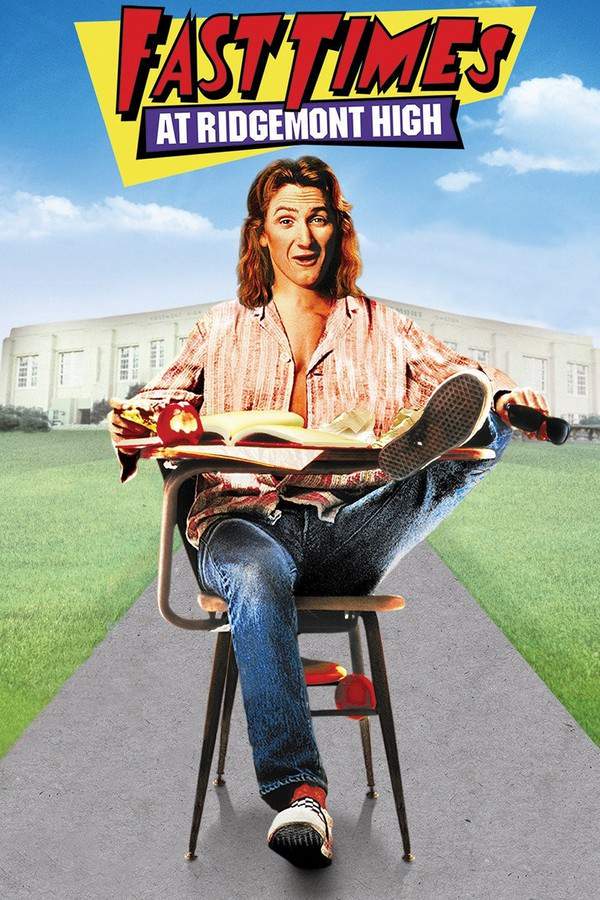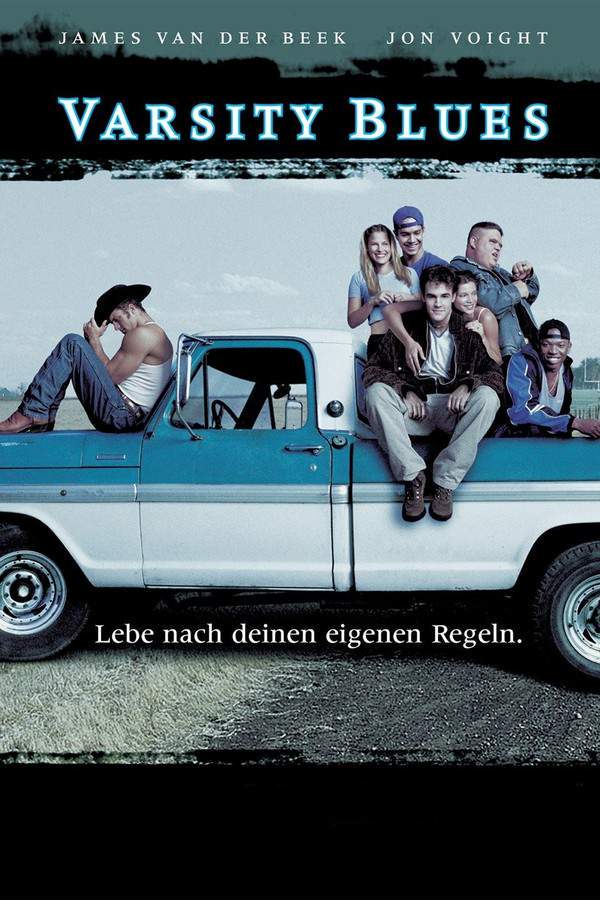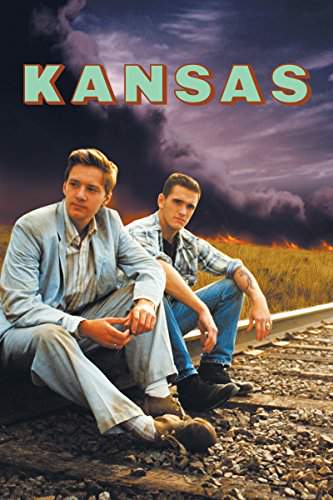Splendor in the Grass 1961
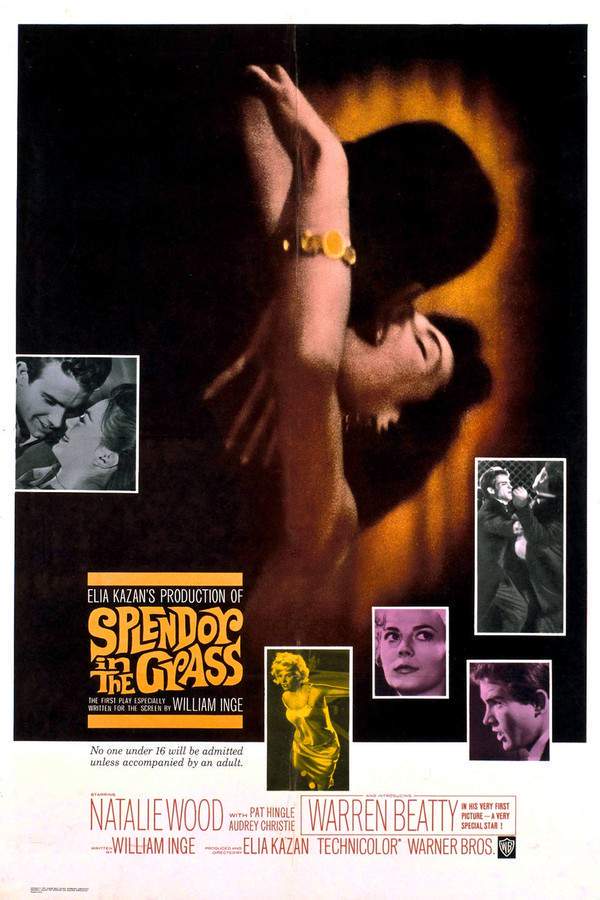
Set in the 1950s, this story follows Bud and Deanie, young lovers whose passionate relationship faces immense pressure from their families and societal expectations. As they struggle to maintain their bond, they confront the restrictive norms of the era, forcing them to navigate a complex landscape of parental disapproval and the challenges of growing up. Their all-consuming love is tested as they fight to preserve their connection amidst the changing times.
Does Splendor in the Grass have end credit scenes?
No!
Splendor in the Grass does not have end credit scenes. You can leave when the credits roll.
Meet the Full Cast and Actors of Splendor in the Grass
Explore the complete cast of Splendor in the Grass, including both lead and supporting actors. Learn who plays each character, discover their past roles and achievements, and find out what makes this ensemble cast stand out in the world of film and television.
External Links and Streaming Options
Discover where to watch Splendor in the Grass online, including streaming platforms, rental options, and official sources. Compare reviews, ratings, and in-depth movie information across sites like IMDb, TMDb, Wikipedia or Rotten Tomatoes.
Ratings and Reviews for Splendor in the Grass
See how Splendor in the Grass is rated across major platforms like IMDb, Metacritic, and TMDb. Compare audience scores and critic reviews to understand where Splendor in the Grass stands among top-rated movies in its genre.

74
Metascore
7.1
User Score


%
TOMATOMETER

0%
User Score

7.7 /10
IMDb Rating

74
%
User Score
Take the Ultimate Splendor in the Grass Movie Quiz
Challenge your knowledge of Splendor in the Grass with this fun and interactive movie quiz. Test yourself on key plot points, iconic characters, hidden details, and memorable moments to see how well you really know the film.
Splendor in the Grass Quiz: Test your knowledge on the poignant themes and characters of the 1961 classic, Splendor in the Grass.
What year is the setting of Splendor in the Grass?
1928
1929
1930
1931
Show hint
Awards & Nominations for Splendor in the Grass
Discover all the awards and nominations received by Splendor in the Grass, from Oscars to film festival honors. Learn how Splendor in the Grass and its cast and crew have been recognized by critics and the industry alike.
16th British Academy Film Awards 1963

34th Academy Awards 1962

Writing (Story and Screenplay—written directly for the screen)
14th Directors Guild of America Awards 1962

19th Golden Globe Awards 1962
Best Motion Picture – Drama
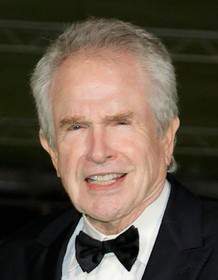

33rd Academy Awards 1961
Writing (Story and Screenplay—written directly for the screen)
Full Plot Summary and Ending Explained for Splendor in the Grass
Read the complete plot summary of Splendor in the Grass, including all major events, twists, and the full ending explained in detail. Explore key characters, themes, hidden meanings, and everything you need to understand the story from beginning to end.
In Kansas, 1928, we meet Wilma Dean “Deanie” Loomis (Natalie Wood), a young girl who is navigating the tumultuous waters of adolescence while adhering to her mother’s advice to suppress her urges towards intimacy with her boyfriend, Bud Stamper (Warren Beatty). Bud, on the other hand, is caught in the throes of familial pressure, as his father, Ace (Pat Hingle), discourages him from pursuing Deanie, suggesting instead that he seek out another type of girl to fulfill his desires.
Bud’s family is already burdened with shame regarding his older sister, Ginny (Barbara Loden), a lively flapper whose reckless lifestyle, marked by promiscuity and heavy drinking, has led to her recent return from Chicago. Speculation circulates in their small town about her controversial past—a rumored abortion that led to her marriage being annulled, leaving the family in disarray. As a result, Bud bears the brunt of his parents’ disappointment and their high hopes for his future, compelling him to enroll at Yale University. The weight of these expectations becomes unbearable, triggering a physical and emotional breakdown that nearly costs him his life.
Seeking solace, Bud turns to another student, Juanita (Jan Norris), who willingly engages in a liaison with him. However, the heartbreak that follows when he ends things with her pushes Deanie into rebelliousness. She starts to mimic her sister’s wild ways and even attends a party with another boy, “Toots” Tuttle. Deanie’s encounter with Bud outside the party reveals her desperation for connection. When he rebuffs her advances, shocked at her behavior, she seeks comfort in Toots, culminating in a harrowing experience where she narrowly escapes a near-rape situation. In a moment of sheer despair, she attempts to end her life by plunging into a pond but is saved just in time from drowning over the falls.
Her parents, desperate to find a resolution, sell off their stock to pay for her institutionalization, an act that unwittingly brings them financial relief just before the 1929 stock market crash. Inside the institution, Deanie forms a significant bond with fellow patient Johnny Masterson (not included in the actor information), who grapples with his own issues stemming from parental expectations of becoming a surgeon.
Meanwhile, Bud’s time at Yale is fraught with failure, leading him to encounter Angelina (Zohra Lampert), a spirited young woman from an immigrant family who runs a local restaurant. As the world outside crumbles in the wake of the stock market crash, Bud’s father, Ace, succumbs to despair, resulting in a tragic end that forces Bud into the painful role of identifying his father’s body.
By 1931, Deanie’s return home marks a bittersweet reunion. The Loomis family has suffered losses—Ace’s fortune has vanished, his wife has left, and Bud’s sister has died in a tragic accident. With her mother trying to shield her from further heartache, Deanie is led to believe Bud is unreachable. However, her father’s honest approach reveals the truth: Bud is living on the old family farm now with Angelina and their young son.
During a poignant moment, Deanie and Bud confront the reality of their changed lives. Bud, now burdened with his own family’s responsibilities, shares with Deanie a profound sentiment: > “What’s the point? You gotta take what comes.” Their reunion underscores the inevitability of their separate paths; now both are resigned to a life where the intense passion of their youth cannot return. As Deanie departs with her friends, they inquire about her lingering feelings for Bud. She realizes a fondness remains, yet acknowledges the fire of their adolescent love has dimmed forever. Unanswered, her voice softly echoes the words from Wordsworth: “Though nothing can bring back the hour of splendor in the grass, glory in the flower, we will grieve not; rather find strength in what remains behind.”
Uncover the Details: Timeline, Characters, Themes, and Beyond!

Coming soon on iOS and Android
The Plot Explained Mobile App
From blockbusters to hidden gems — dive into movie stories anytime, anywhere. Save your favorites, discover plots faster, and never miss a twist again.
Sign up to be the first to know when we launch. Your email stays private — always.
Watch Trailers, Clips & Behind-the-Scenes for Splendor in the Grass
Watch official trailers, exclusive clips, cast interviews, and behind-the-scenes footage from Splendor in the Grass. Dive deeper into the making of the film, its standout moments, and key production insights.
Cars Featured in Splendor in the Grass
Explore all cars featured in Splendor in the Grass, including their makes, models, scenes they appear in, and their significance to the plot. A must-read for car enthusiasts and movie buffs alike.
Splendor in the Grass Themes and Keywords
Discover the central themes, ideas, and keywords that define the movie’s story, tone, and message. Analyze the film’s deeper meanings, genre influences, and recurring concepts.
Splendor in the Grass Other Names and Titles
Explore the various alternative titles, translations, and other names used for Splendor in the Grass across different regions and languages. Understand how the film is marketed and recognized worldwide.
Similar Movies To Splendor in the Grass You Should Know About
Browse a curated list of movies similar in genre, tone, characters, or story structure. Discover new titles like the one you're watching, perfect for fans of related plots, vibes, or cinematic styles.
Quick Links: Summary, Cast, Ratings, More

What's After the Movie?
Not sure whether to stay after the credits? Find out!
Explore Our Movie Platform
New Movie Releases (2025)
Famous Movie Actors
Top Film Production Studios
Movie Plot Summaries & Endings
Major Movie Awards & Winners
Best Concert Films & Music Documentaries
Movie Collections and Curated Lists
© 2025 What's After the Movie. All rights reserved.




